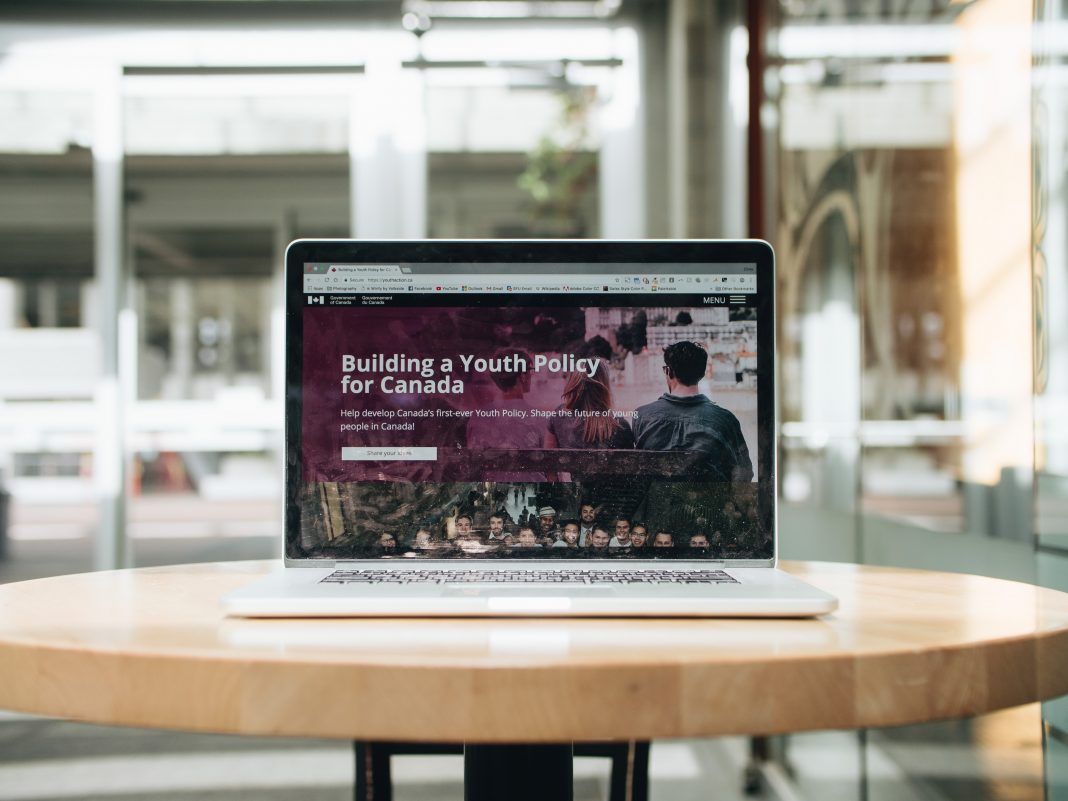By: Nathaniel Tok, Peak Associate
Earlier this year, SFU students Pallvi Sehijpaul and Leejoo Hwang participated in The Canada We Want Conference series in Ontario to help the federal government develop Canada’s first youth policy.
The brainchild of Prime Minister Justin Trudeau, who is also Canada’s Minister of Youth, the youth policy is intended to give youth a voice which can help guide government policy and create meaningful change for youth in Canada. Under the policy, youth are defined as those 15 to 24 years old.
According to Trudeau, “This initiative is about making sure young Canadians from all walks of life, across the country, can have their say on what the Government’s priorities should be for youth. The youth policy for Canada — built for youth and by youth — will make sure that their important perspectives guide our way forward.”
The policy will examine issues faced by Canadian youth and look for ways to resolve those issues to support youth. According to Hwang, the policy aims to “give youth a voice, give them a sense of responsibility, [. . .] just to get youth involved.”
The Canada We Want Conference was the largest youth consultation process in Canada and had participants examine a wide range of topics from mental health to truth and reconciliation to how food is marketed to youth.
“We came together across Canada,” Sehijpaul said. “There was enough representation from everywhere. There was a lot of voice from the Indigenous population, and that was meaningful because often we don’t hear their voices. We all contributed our ideas and thoughts around each topic and how they are reflected in our communities.”
According to Sehijpaul, each group would “filter the major themes of the problem and [come] up with solutions with ways to fix those problems on the national and local level. We came up with 10 recommendations.” The conference allowed participants to talk through their ideas about the various topics to governmental and business representatives. At the end of the conference, members presented the issues faced by youth and their possible solutions to decision makers from the government and the business sector.
Students unable to attend the conference are encouraged to give feedback on the policy online at youthaction.ca; the website also lists various events around the country that are being held to allow youth to enter into dialogue with the federal government. Moving forward, Hwang and Sehijpaul are aiming to have local consultation meetings on SFU campus to encourage other SFU students to participate in the process.
Sehijpaul believes the youth policy will benefit youth and it will “create a foundation for youth to thrive.” She encouraged others to get involved, saying “your voices matters and is taken into account.”




